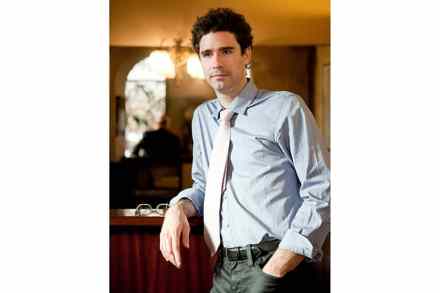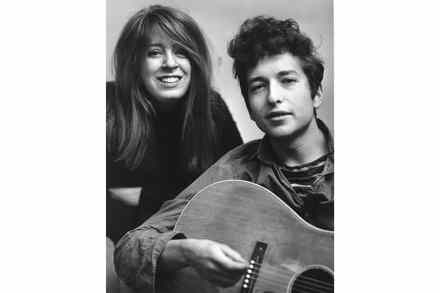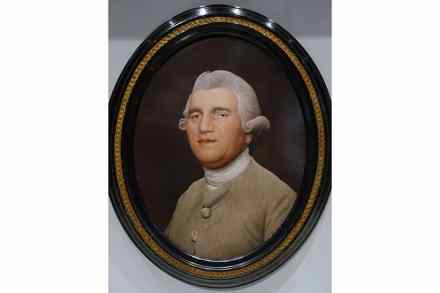A race against time: A Calling for Charlie Barnes, by Joshua Ferris, reviewed
What is life if not a quest to find one’s calling while massaging the narrative along the way? This question propels the eponymous protagonist, still struggling to wring meaning from his existence even as it crashes to an end, in A Calling for Charlie Barnes, the fourth novel from Joshua Ferris. ‘It preoccupied him: everyone




















